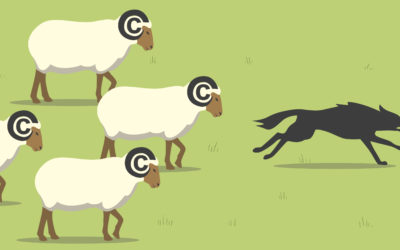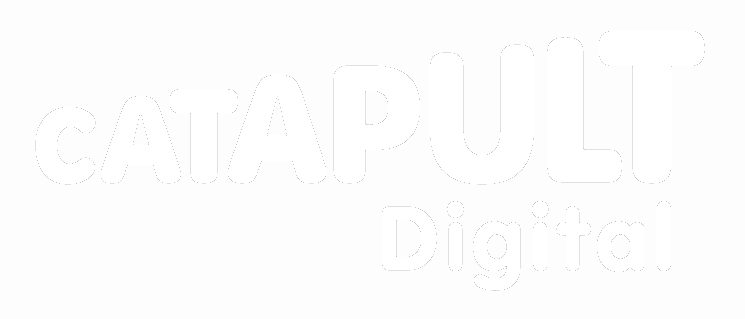1. How can one protect innovative theatrical experiences?
In order to qualify for copyright protection, your theatrical work needs to be original and in a fixed or permanent form. You work is considered original if you use your own skill, labour, judgement and effort to create it. So for example, when you create an original script it becomes protected by copyright once it is written down. If you are using improvisation, you might need to film or record the performance.
Although copyright arises automatically and no registration or other formalities are required, it might be useful to assert your copyright by marking the work with the copyright symbol © followed by your name and the date of creation. Some people also send themselves a copy of their work by registered post, or email it to themselves to give clear parentage to their work. However, nowadays this is not as relevant as it used to be, since with computer records the dating of production is almost always possible. You can find more information about this here.
2. Can music be remixed or edited for a performance?
Creating your own version of someone else’s work, including editing or remixing, is referred to as a derivative work. Unless you benefit from one of the copyright exceptions mentioned above or the materials you want to edit are in the public domain, you need to seek permission from the copyright owner first in order to avoid infringement claims.
According to UK Copyright Law, using another’s song is copyright infringement when ‘the work as a whole or any substantial part of it’ has been copied. Unfortunately, it is not easy to state the exact meaning of these notions, as they are defined on a case-by-case basis. Usually the court focuses on the quality of the parts taken, not necessarily the amount, and the circumstances of each case. You can find more information about using someone else’s work here.
Related
Protecting
Copyright is a set of ‘exclusive’ rights, giving creators the right to control the use of their work and the ability to earn from it. The term ‘exclusive’ in copyright law means…
Using & Reusing
When creating new work, it is natural to be inspired by the work of others. However, there is an important distinction between simply being inspired and unlawfully copying.
Enforcement
Useful guidance on what you can do if you think someone has infringed your copyright, or if someone has accused you of copyright infringement.











